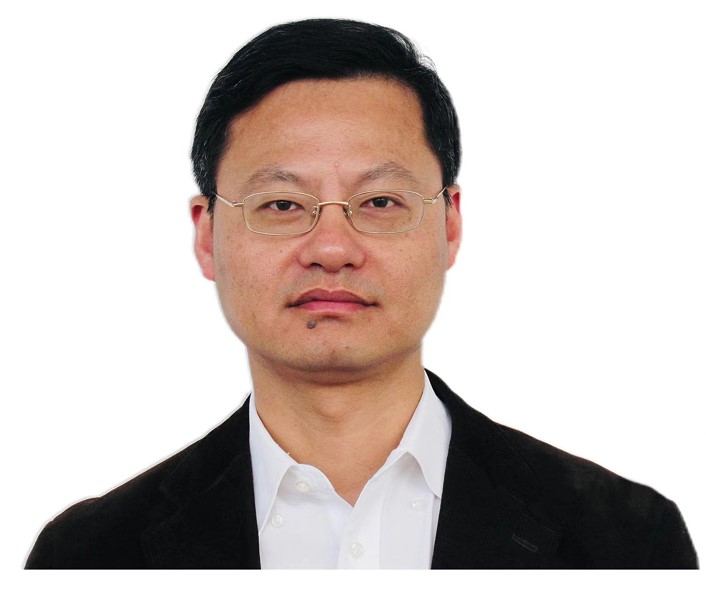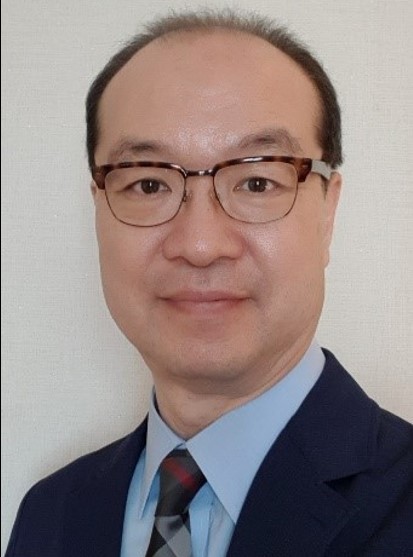Prof. Jie Yang
Engineering Mechanical & Automotive Engineering,School of Engineering, RMIT University, Australia
Speech Title: Graphene Origami Enabled Mechanical Metamaterials for Engineering Structures
Abstract: Mechanical metamaterials with negative Poisson’s ratio (NPR), negative thermal expansion (NTE), etc. are of great significance in engineering applications. Majority of the metamaterials reported so far, however, are not materials but structures that are either mechanically weak or heavily reliant on specifically designed architecture/topology. Consequently, their metamaterial performance may be significantly deteriorated or even lost due to local structural deformation or failure under excessive external loading. Developing materials simultaneously possessing metamaterial characteristics and excellent mechanical properties poses a great challenge. This talk reports the latest development of a class of novel graphene origami-enabled mechanical metamaterials with a highly tunable NPR/NTE as well as improved mechanical properties. The research findings open a new avenue to develop graphene reinforced nanocomposite structures that are auxetic, light yet very strong.
Biography: Dr. Yang is a Professor in Engineering in the School of Engineering, RMIT University, Australia. He received PhD in solid mechanics from Shanghai Jiao Tong University, China in 2002. Prior to joining RMIT as a Lecturer in 2007, he was a postdoctoral research fellow at Department of Civil Engineering, The University of Queensland from 2002-2004, a research fellow then a lecturer at the Department of Building and Construction, City University of Hong Kong for 3 years from the end of 2004. His main research interests include advanced composite structures, nanocomposites, structural stability and dynamics, smart structures and control, and nano/micro-mechanics. He is an author of over 390 papers including 295 journal papers which have so far attracted over 20800 Google Scholar citations with h-index 79. He is the Highly Cited Researcher (Cross Field) in 2019, 2020, 2021 and 2022 by Clarivate Analytics and is named by Australian Research Magazine as Global Field Leader in Mechanical Engineering in 2020, Australia’s Research Field Leader in Mechanical Engineering in 2019, 2020, 2021, 2022 as well as in Structural Engineering in 2021. Prof Yang is the Lead Editor-in-Chief of Engineering Structures (JCR Q1), Associate Editor of Mechanics Based Design of Structures and Machines (JCR Q1), and the editorial board member of Mechanics of Advanced Materials and Structures, Thin-Walled Structures, International Journal of Structural Stability and Dynamics, Scientific Reports, Materials, and Shock and Vibration, etc.
Prof. Dae-Eun KIM
School of Mechanical Engineering,Yonsei University, Seoul, Korea
Speech Title: Considerations and Strategies for Development of Wear Resistant Coatings
Abstract: Almost all moving components in mechanical systems experience frictional interaction during their motion which gradually leads to the degradation of the surface condition. This may in turn lead to alteration in the dimensional tolerance of the component which affects the performance of the mechanical system. Thus, to maintain high performance of the mechanical system, it is vital to prolong the life of the components by enhancing their wear resistance. One of the effective methods for decreasing wear is to use a protective coating. Typically, extremely hard coatings are desirable for such situations but they can cause adverse effects on the counter surface. Rather than simply increasing the hardness of the coating it is important to consider the response of the counter surface at the contact region. An effective strategy is to use a sufficiently compliant coating that can accommodate the contact stresses generated that the interface. The construction of these coatings is generally layered, with each layer serving a specific function. The basic design concept for this type of coating is expected to aid the development of highly wear resistant coatings for various tribological applications.
Keywords: Tribology, coating, friction, wear
Acknowledgements: This work was supported by the National Research Foundation of Korea (NRF) grant funded by the Korean government (MSIT) (No. 2020R1A2C2004714).
Biography: Professor Dae-Eun Kim is currently a Professor at the School of Mechanical Engineering, Yonsei University, Seoul, Korea. Professor Kim received his B.S. degree in Mechanical Engineering from Tufts University, and M.S. and Ph.D. degrees in Mechanical Engineering from MIT. Professor Kim was an Assistant Professor at the Ohio State University before joining Yonsei University in 1993. Professor Kim served as the President of the Korean Society for Precision Engineering and the President of the Korean Tribology Society. He also served as the Editor-in-Chief of IJPEM, Senior Editor of JMST, and Associate Editor of ASME J. of Tribology. He currently serves in the editorial board of several tribology journals including Tribology Letters and Friction. Professor Kim has received many awards from various professional societies and institutions including the Ministerial Commendation from the Korea Ministry of Trade, Industry and Energy, and the Science and Technology Pojang National Award from the Korean President. Professor Kim is a Fellow of the International Academy for Production Engineering (CIRP) and a Fellow of the Korean Academy of Science and Technology. His research interests are tribology, coatings and surface modification.


